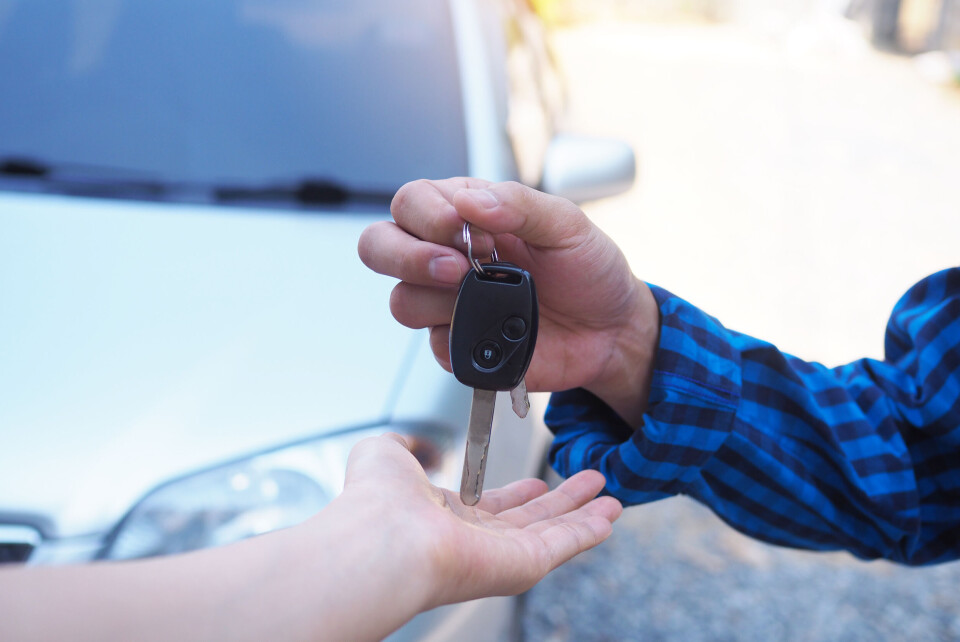-
Scam calls in France more than double in a year
Complaints about unsolicited calls are second only to those about fibre optic internet
-
French police issue warning over new ‘fake bank card’ scam
Accompanying letter asks users to set up new card using fake bank website and QR code
-
French village creates new ‘no door-to-door sales’ sticker
Authorities have also brought in heavy sanctions for unwanted sales approaches
Buying a car in France: How can I avoid kilometrage tampering scams?
A study found the distance counters on one-in-ten second-hand cars sold in France had been fiddled with

Reader question: I have heard about scams in France regarding the kilometrage on used cars – is there a way I can check that everything is in order before buying?
There are a number of scams in the second-hand car market and one of the most common is tampering with the car’s kilometrage gauge.
Scammers will reduce the number of kilometres displayed, falsely advertising how much distance the vehicle has covered, so as to get a higher price.
Around one-in-ten second-hand cars sold in France has had its kilometrage tampered with, according to a 2022 report by Car Vertical, a bona fide firm offering (paid-for) in-depth history reports for cars from 27 countries.
Where the figure was tampered with, on average some 35,000km were knocked off in France, the report said.
Buyers of vehicles manufactured in the years 2010 – 2013 were said to be most at risk.
Even so, France had fewer cases than the global average of 15.2%.
How do I avoid being scammed?
Some countries, such as Belgium – where rates of tampering are lower – introduced regulations to measure a car’s kilometrage whenever it is in a garage and enter this into a database.
An official document provided to the buyer when selling a car lists all the recorded dates.
This ‘Car-Pass’ system has been in use since 2013.
In France HistoVec – a free online government tool to track the history of a car – has been available since 2019.
It includes most of the key information about a vehicle (registration dates, its characteristics, dates of technical inspections), alongside the mileage history of the car which should be recorded by centres carrying out the two-yearly contrôle technique roadworthiness check.
It does not, however, include all garage visits like its Belgian counterpart.
Those considering buying a second-hand vehicle in France can request the seller provides a HistoVec check, and there is a simple tool at this link to do this by email if you have the seller’s email address.
You can then check that the mileage claimed for the car aligns with the information held by the government. If the seller refuses this simple process, you would be entitled to wonder if there is some ulterior reason for doing so.
Related articles
Do you get a notification when your car’s contrôle technique test is due?
Do foreign cars need to obtain a Crit’Air sticker to drive in France?
























